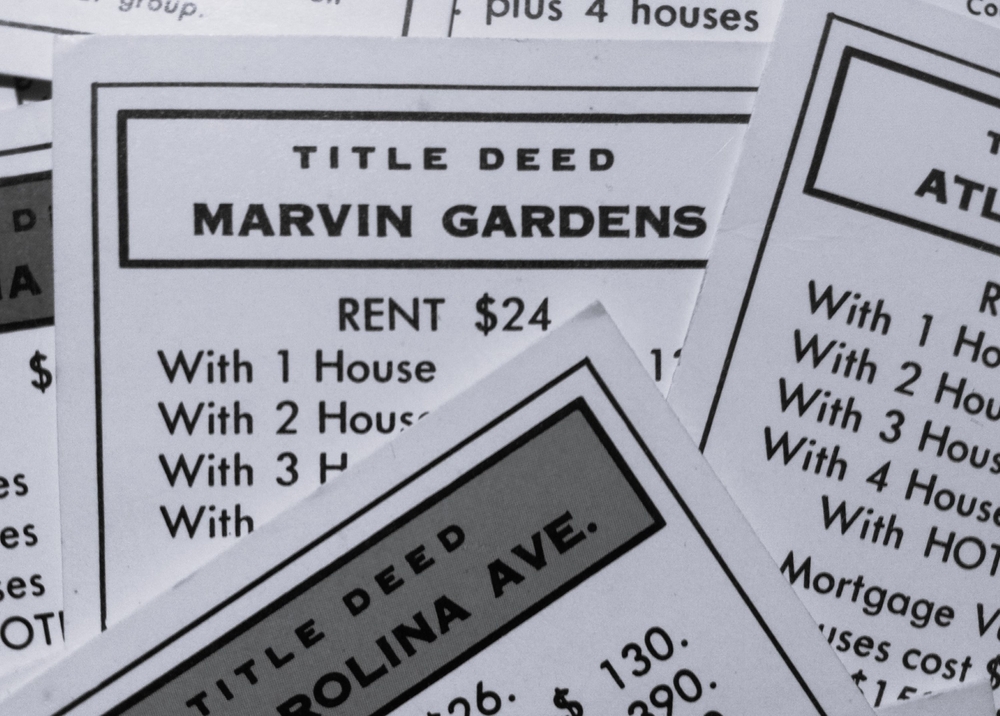
Policymakers who treat the electric grid as a natural monopoly are “out of step with technical and commercial reality,” said a group of organizations who recently filed comments in the California Public Utilities Commission’s Future Grid Study (Rulemaking 21-06-017).
Distributed energy resources (DERs) “present a growing competitive force for the grid, and attempts to sustain the monopoly through laws and regulations are going against the economic and technological trends and the urgent needs of today,” wrote The Climate Center, the Center for Biological Diversity, Clean Coalition, the Microgrid Resources Coalition and The Green Power Institute.
The groups outlined four additional “potent” implications of the rise of DERs.
- DER technologies offer the possibility of achieving statewide climate and clean energy goals faster and less expensively than building new transmission-scale facilities.
- DER technologies are better suited than the grid to provide climate-resilient electricity service.
- Policies and regulations that attempt to preserve the grid monopoly by disincentivizing and actively suppressing DER technologies have the perverse effect of making DERs a private or luxury good, accessible only to customers with financial resources like energy-intensive businesses and affluent homeowners.
- The potential of DER technologies goes well beyond decentralizing the technologies and hardware of electricity supply; DERs allow for democratizing the ownership of electricity supply assets.
The 15-page filing, available on the California Public Utilities Commission website, offers a strong argument, applicable beyond California, for rethinking how we regulate and operate the grid in an era of DERs.
This article originated in the Energy Changemakers Newsletter. Subscribe at no charge.
